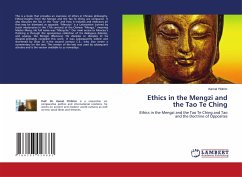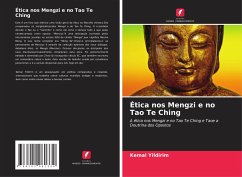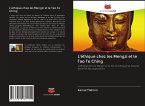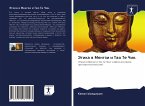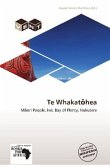This is a book that provides an overview of ethics in Chinese philosophy. Ethical insights from the Mengzi and the Tao Te Ching are compared. It also discusses the Tao or the "way" and how it includes and embraces all that may be dismissed as opposite. "Mencius" is a Latinization (coined by Jesuit missionaries in the 17th century) of the Chinese "Mengzi," meaning Master Meng. His full name was "Meng Ke." Our main access to Mencius's thinking is through the eponymous collection of his dialogues, debates, and sayings, the Mengzi (Mencius). His disciples or disciples of his disciples probably compiled this work. It was subsequently edited and shortened by Zhao Qi in the second century C.E., who also wrote a commentary on the text. This version of the text was used by subsequent scholars and is the version available to us nowadays.
Bitte wählen Sie Ihr Anliegen aus.
Rechnungen
Retourenschein anfordern
Bestellstatus
Storno

